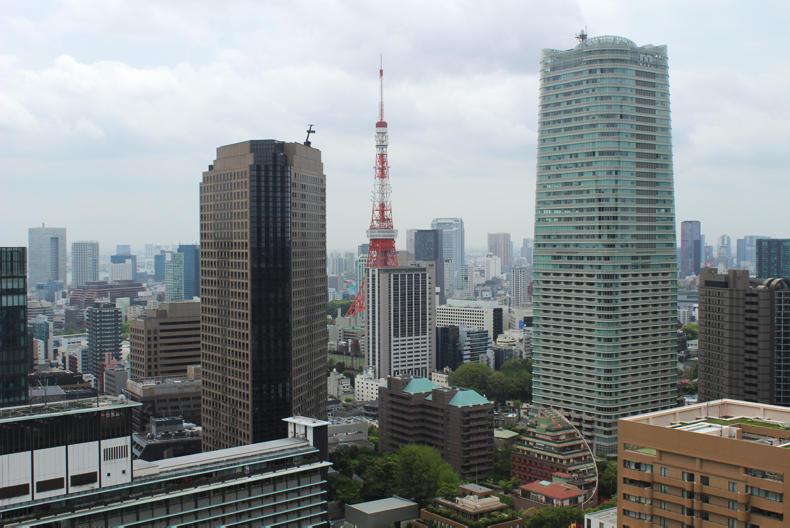News from Brussels this week that the trade agreement between Japan and the EU will be signed in July and take effect from early 2019 is welcome news for Irish farmers. Japan is a huge net importer of agri produce and Ireland is already well established there with pigmeat and dairy. Beef business has been slow to rebuild after the BSE ban, with the 38.5% tariff in itself being quite a barrier.
Once the deal comes into effect, that will be progressively reduced over 10 years to 9%. Like China, the Japanese market has a stipulation that beef from Ireland must be under 30 months but despite that it is likely that significant business can develop.
After China, Japan is the next biggest net importer of beef in the world, and is a market for high-value cuts as well as offal. Currently it is supplied mainly from the USA, Canada and Japan, so there is plenty of competition but there will be opportunities as well.
Mexico
Meanwhile, there is speculation in Brussels that the trade negotiations with Mexico are about to conclude. It was thought that a deal was imminent in February and the Trade Commissioner was on standby to travel but a last minute problem arose with car and car parts access from the EU to Mexico.
There will be a beef element in the deal though it is expected to be between 5,000t and 10,000t, which may be small in trade agreement terms but is still an issue when the EU beef market is saturated and the threat of Brexit disruption to Irish trade with the UK is getting closer.
Mercosur
There is a feeling that Brazilian elections would scupper a Mercosur trade deal if it wasn’t concluded by the end of March. However, with the Minister of Agriculture not standing for re-election, it is thought that discussions could continue. A deal has been in the balance since the end of last year despite farmer outrage at access for beef.
Mercosur hasn’t made a satisfactory offer on access for a number of products including cars, wine and dairy, so discussions grind on, much to the annoyance of Irish and EU beef producers.
The news that 20 Brazilian factories were removed from the EU approved list this week might suggest that there would be a reluctance to grant wider access for Mercosur product but the EU communication was very specific in separating this issue from trade.






 This is a subscriber-only article
This is a subscriber-only article










SHARING OPTIONS: